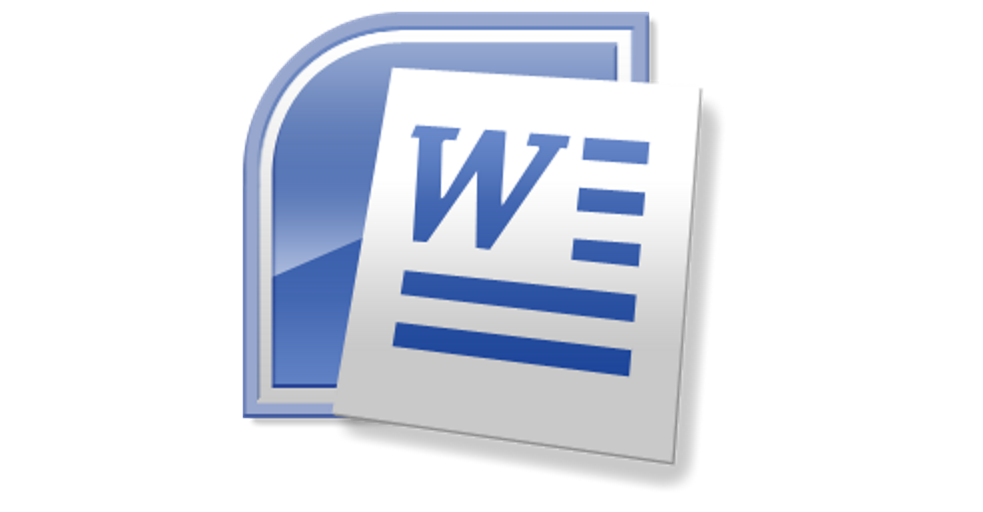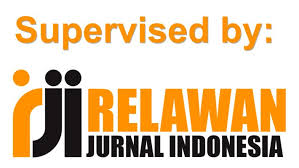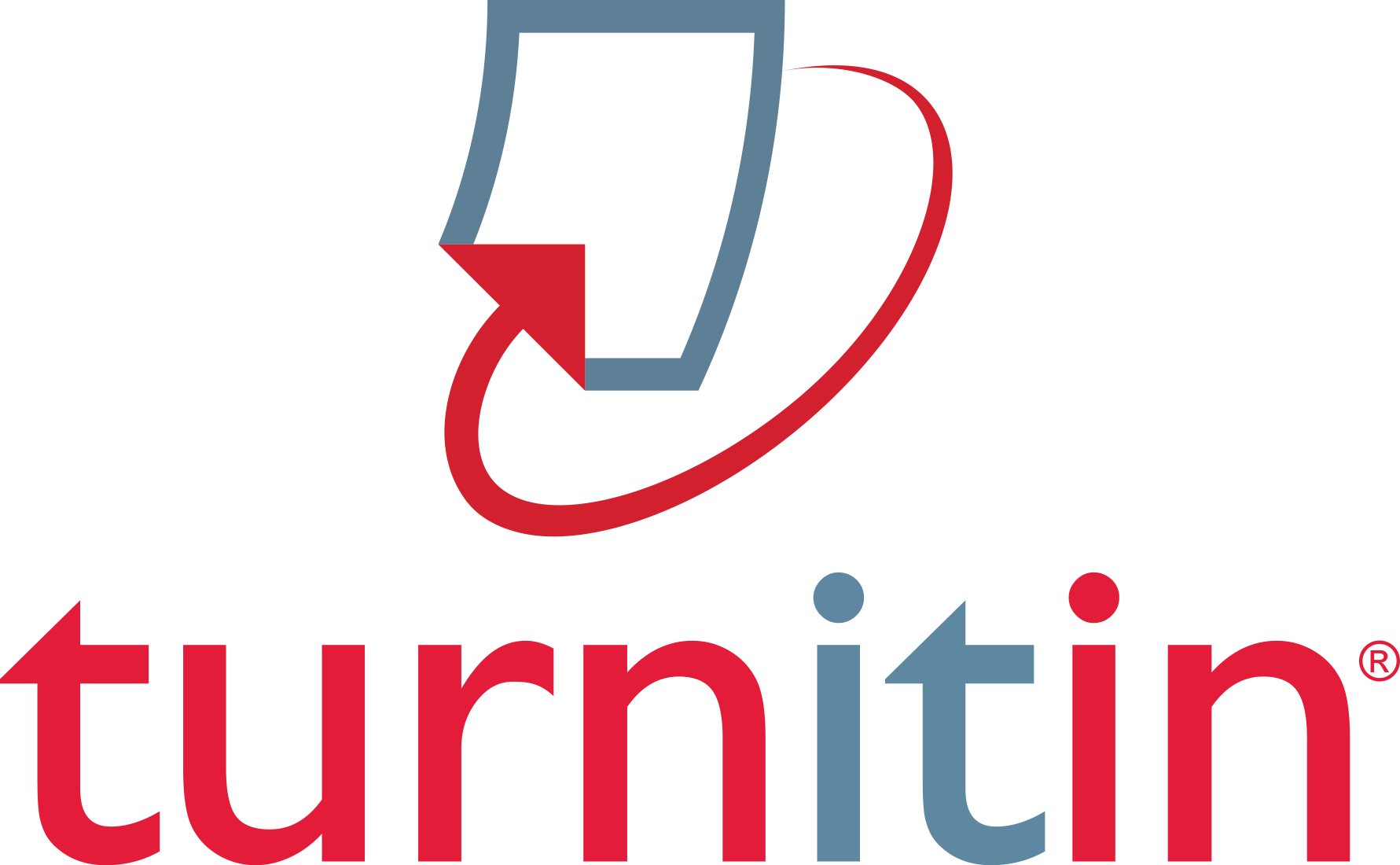An Adaptif Teaching in Mathematics as a solution for e-learning : Study Literature
Abstract
Supporting students' math skills requires teachers to continually adapt their instruction in response to meeting students' instructional needs. To explore what it means to be an adaptive teacher, this study conducted a literature study starting from adaptive teaching in mathematics. In this study, 11 articles were found that identified the importance of (a) a stimulus, or something that teachers should follow; (b) metacognition and teacher reflection, or interpretation and analysis; and (c) the teacher's actions, or responses. Additional findings highlight the importance of mathematics education research to take a closer look: (a) how the curriculum can serve as a stimulus that aids adaptive teaching practice; (b) the idea that teachers reflect directly on students' stimuli, learning processes, or their own actions; and (c) additional teacher responses, including managing class discourse, modifying curriculum materials, or selecting teaching tools.
References
Dapa, A. N. (2018). Adaptive learning model for children with learning problem on inclusive school. 2nd International Conference on Indonesian Education for All (IC-INDOEDUC4ALL, 272(Advances in Social Science, Education and Humanities Research), 107–110. https://doi.org/10.2991/indoeduc-18.2018.29
Duffy, G. G., Miller, S. D., Parsons, S. A., & Meloth, M. (2009). Teachers as metacognitive professionals. In D. J. Hacker, J. Dunlosky, & A. C. Graesser (Eds.), Handbook of metacognition in education (pp.240–256). Mahwah, NJ: Lawrence Erlbaum.
Ghina N.N (2017). Analisis ketersediaan dan pemanfaatan media pembelajaran adaptif kelas inklusi di SD Al Irsyad Islamiah 2 Purwekerto. FKIP Semarang : Semarang.
Haris, F., Taufan, J., & Nelson, S. (2021). Peran guru olahraga bagi perkembangan pendidikan jasmani adaptif di sekolah luar biasa. Jurnal Basicedu, 5(5), 3883–3891. https://doi.org/10.31004/basicedu.v5i5.1469
Jacobs, V. R., & Spangle, D. (2017). Research on core practices in K-12 mathematics teaching. In J. Cai (Ed.), Compendium for research in mathematics education (pp. pp.766–792). Reston, VA: National Council of Teachers of Mathematics.
Jannah, N., & Marwiyah, S. (2020). Model Pengembangan Kurikulum Adaptif Pada Madrasah
Ibtidaiyah Inklusif. Auladuna: Jurnal Prodi Pendidikan Guru Madrasah Ibtidaiyah, 2(1),
89-106.
Memulyani, Y. dan Cartoyo (2013) Media Pembelajaran Adaptif bagi anak berkebutuhan khusus. Jakarta : PT. Luxima Metro Media
Moskal, P., Carter, D., & Johnson, D. (2017). 7 Things you should know about adaptive learning. In Educause Learning Initiative (p. 2). https://library.educause.edu/resources/2017/1/7-things-you-should-know-about-adaptive-learning
National Council of Teachers of Mathematics (NCTM). (2014). Principles to actions: Ensuring mathematical success for all. Reston, VA: Author. Adaptations opening spaces for enhanced literacy learning. Language Arts, 91, 81–93.
Parsons, S. A., Vaughn, M., Scales, R. Q., Gallagher, M. A., Parsons, A. W., Davis, S. D., .Allen, M. (2018). Teachers’ instructional adaptations: A research synthesis. Review of Educational Research, 88(2), 205–242.
Pambudi, F.I (2017). Pelaksanaan Pendidikan jasmani Adaptif untuk anak Autis Sekolah Khusus. FKIP Yogykarta: Yogyakarta
Vaughn, M., & Parsons, S. A. (2013). Adaptive teachers as innovators: Instructional

This work is licensed under a Creative Commons Attribution 4.0 International License.
Penulis yang menerbitkan karyanya ke jurnal ini setuju dengan persyaratan berikut:
Penulis menyimpan hak cipta dan memberikan hak penerbitan pertama kepada jurnal, dengan karya yang secara serentak dilisensikan di bawah Lisensi: Creative Commons Attribution - Share Alike 4.0 Internasional License yang memungkinkan orang lain membagikan karya dengan pengakuan penerbitan awal dan kepenulisan karya di jurnal ini.











